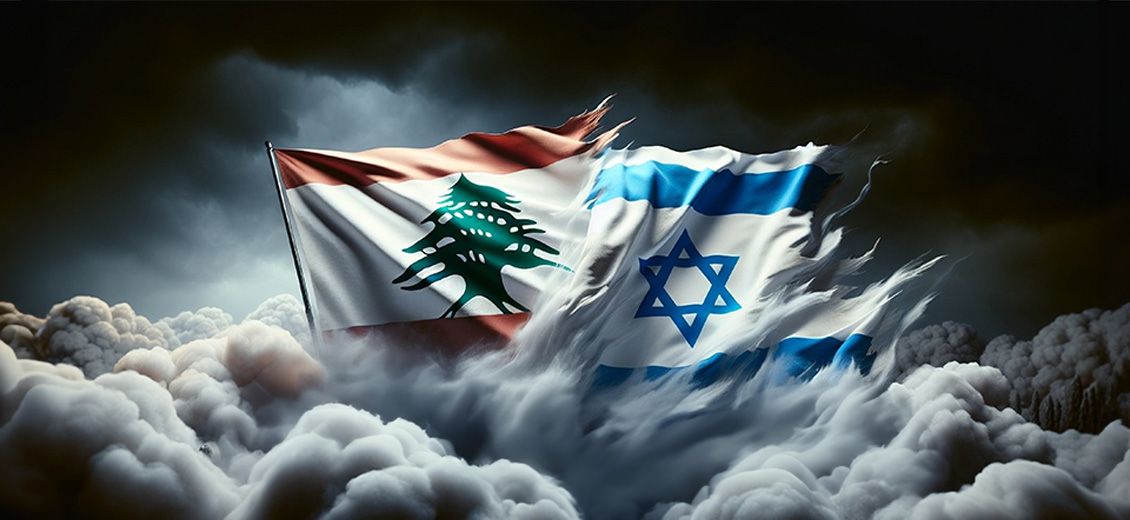
“Know thyself.” This timeless Socratic precept, fundamental to any individual in pursuit of wisdom, holds equally true for nations. By disregarding it, Hezbollah’s Secretary-General, Hassan Nasrallah, met his demise. Convinced he had secured full control over the Lebanese state, and by leading Lebanon into a war in support of Hamas on October 8, 2023 – against the consensus of other national factions – Hezbollah invited a swift and overwhelming Israeli retaliation. Its vaunted military assets, including the deterrence of long-range rockets and the threats of Iranian support, ultimately failed to deliver.
The Israeli response, anticipated by the entire world, cost him his life. The repercussions of this operation within the Arab and Islamic world will undoubtedly resonate for generations, potentially imposing a heavy toll on Israel. Nasrallah embodied a messianic aura, largely stemming from his natural charisma and the seamless alignment of his words with his actions. While Israel celebrated his downfall, it remains uncertain whether this act ultimately served it well, as it conferred a martyr’s halo upon an already legendary figure. In death, he joins the ranks of iconic leaders from the last century’s struggle for independence, such as Mahatma Gandhi and Che Guevara, forever etched in the collective imagination.
Internally, however, his death imparts a profound lesson, echoing the assassinations of three prominent leaders during or as a consequence of the Lebanese Civil War: Kamal Jumblatt (1977), Bashir Gemayel (1982) and Rafic Hariri (2005). Each was subsequently elevated to the status of an absolute ideological reference by their supporters.
During his press conference yesterday, MP Michel Moawad wisely reminded us that those in Lebanon who have yielded to the temptation of seeing themselves as the sole decision-makers – viewing themselves as the entirety rather than a part – have often met unfortunate ends. For the historical record, it is important to note that the four martyrs in question represent the four major communities of Lebanon: Druze, Christian (Maronite), Sunni and Shia.
The wave of national solidarity ignited by our misfortune is both genuine and remarkable. However, it does not wipe out the profound divide between the sovereigntist front represented by Moawad, and Hezbollah. Whether weakened or not, the latter must reevaluate its political doctrine and recognize that its ambitions should be confined to the borders established by the Sykes-Picot Agreement for Greater Lebanon. Lebanon has suffered too much to refrain from holding Hezbollah accountable – right away – for the disaster brought upon the country by its attrition warfare.
We were drawn into war divided, and it is unacceptable for us to emerge from it still fractured. This is especially true in light of Israel’s current actions to reshape the country's demographics through bombings, forcibly displacing Shiites from southern Lebanon away from its borders – a “transfer” that must be revisited.
We are free to hold the belief, as Ayatollah Ali Khamenei expressed in his eulogy for Nasrallah during Friday prayers in Tehran, that Israel is an “artificial entity” and that its annihilation is a “religious and legal duty.” However, we are not free to act on this belief. While the Palestinian cause remains sacred, it is no longer acceptable to regard Lebanon as a front, rather than a homeland. And not just any homeland. Once and for all, it must be reiterated that Lebanon is more than just a country. Lebanon is a message of pluralism for both the East and the West, and this pluralism is the core principle that everyone in Lebanon must embrace. As the Socratic precept goes, “Know thyself.”



Comments